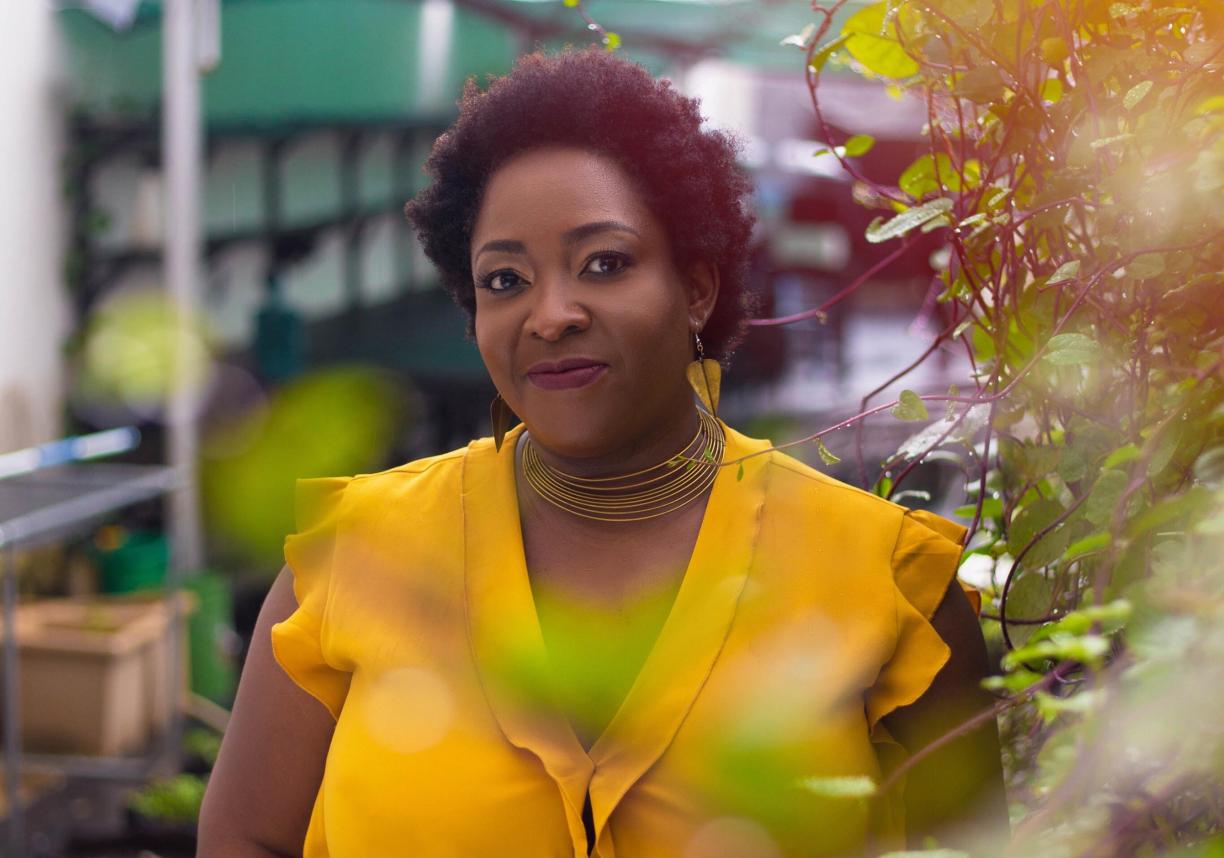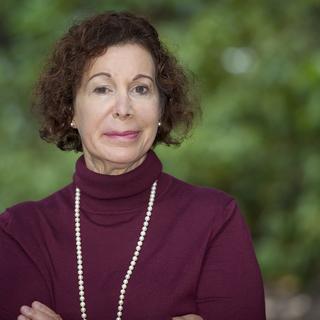Keynote speaker Ozoz Sokoh highlights how food is an important aspect of people’s history and heritage.
Vancouver Island University (VIU) scholars and panelists from around the globe are examining how the histories of food and sovereignty are intimately intertwined during a symposium this June.
The Food and Sovereignty symposium, hosted virtually by VIU and the journal Gender & History June 17-20, will examine how histories of food and sovereignty have intersected with gender over time.
Keynote speaker Ozoz Sokoh will highlight how food is more than nourishment for the body but also an important aspect of people’s history and heritage. Sokoh is a food explorer, culinary anthropologist and food historian from Nigeria. A food blogger since 2009, she describes herself as “passionate about food in its entirety – cooking, eating, dreaming, researching, writing, photographing and styling it, especially on her blog, Kitchen Butterfly.”
This year she launched a digital library for West African, Nigerian and Black cuisines, called Feast Afrique. Sokoh’s presentation takes place June 19 at 10 am PST and is free and open to everyone to attend. To attend please sign up at the Zoom Webinar Registration webpage. Sokoh's keynote webinar is the only portion of the symposium open to the public.
“Ozoz’s talk is about reclaiming and reimagining food history. She’s asking ‘How do we think about the role of food in our culture and how do we communicate that importance and that meaning and preserve it?’” says Dr. Katharine Rollwagen, one of the organizers of the symposium and a VIU History Professor. “Historians talk a lot about cultural preservation, preserving certain remnants of the past, but how does food get archived? And in oral traditions, such as Indigenous cultures, how is that heritage preserved?”
The symposium includes presentations from 30 panelists hailing from around the world, including West Africa, Europe, the United Kingdom, United States, India and Australia. The panelists will discuss their scholarly papers, which cover a variety of time periods and topics, including the role of recipes and food preparation in shaping national identities and memories, the meaning of food in colonial contexts, the experience of eating and hunger, and the ways that particular foods have shaped what it meant to be feminine or masculine at particular times.
“A central theme is how gender shapes the way that people experience eating, but also the meaning of food for gendered identities,” says Rollwagen. “The research being presented looks at the deeper meaning of food and how it has changed over time. We have papers discussing topics from the Middle Ages all the way up to the end of the 20th century.”
Some of the papers presented at the symposium will be published in the fall of 2022 in a special issue of Gender & History, the world’s leading journal on the history of gender relations. The North American office for the academic journal is based at VIU and is edited by Rollwagen and fellow VIU History Professors Dr. Cheryl Krasnick Warsh, Dr. Cathryn Spence and Dr. Whitney Wood, VIU’s Canada Research Chair in Historical Dimensions of Women’s Health.
The symposium was funded by a $3,000 VIU Research Awards Committee Gather Grant and a Social Sciences and Humanities Research Council (SSHRC) Connection Grant. The $19,050 SSHRC grant was also used to fund the Health, Healing and Caring in Historical Perspective virtual symposium that was hosted by VIU in May 2020.
-30-
Media Contact:
Rachel Stern, Communications Officer, Vancouver Island University
C: 250.618.0373 l E: Rachel.Stern@viu.ca | T: @VIUNews
The Gender & History special issue on food and sovereignty will also be edited by:
- Dr. Amanda Herbert, Folger Institute;
- Dr. Shauna Sweeney, University of Toronto;
- Dr. Tracey Deutsch, University of Minnesota; and
- Dr. Heidi Gengenbach, University of Massachusetts, Boston.





